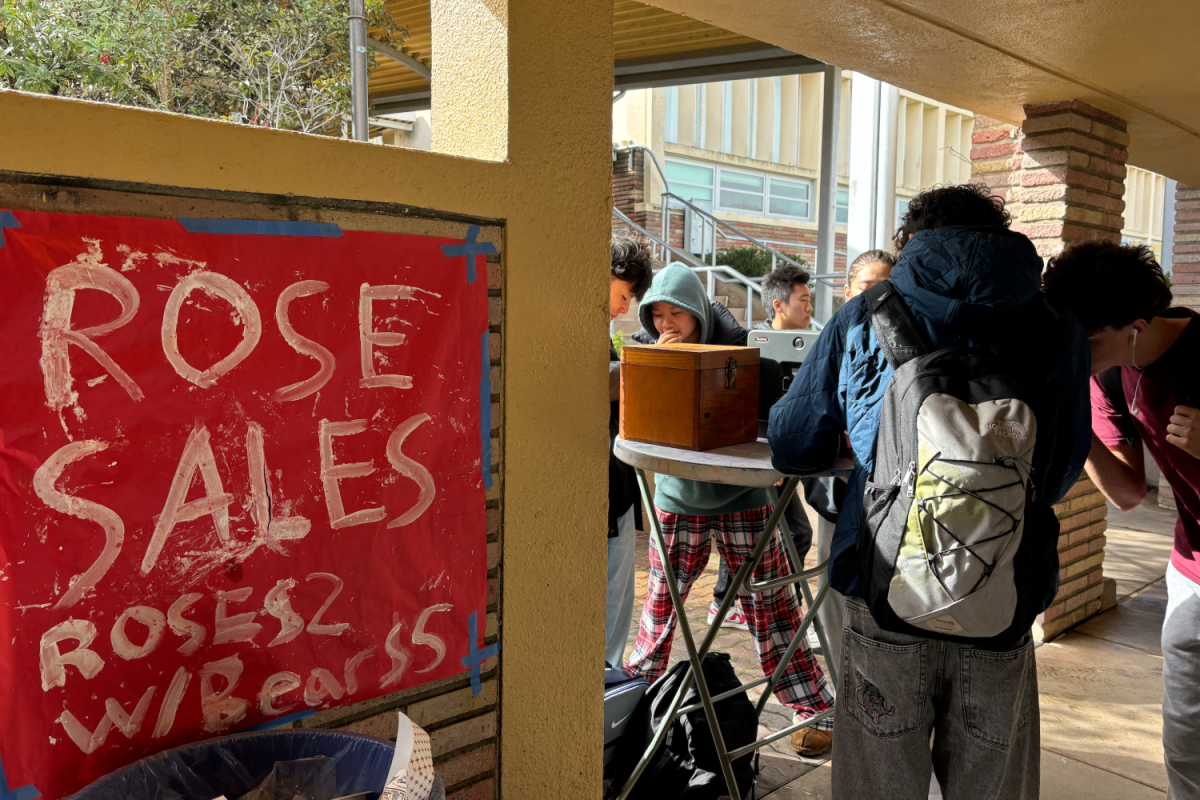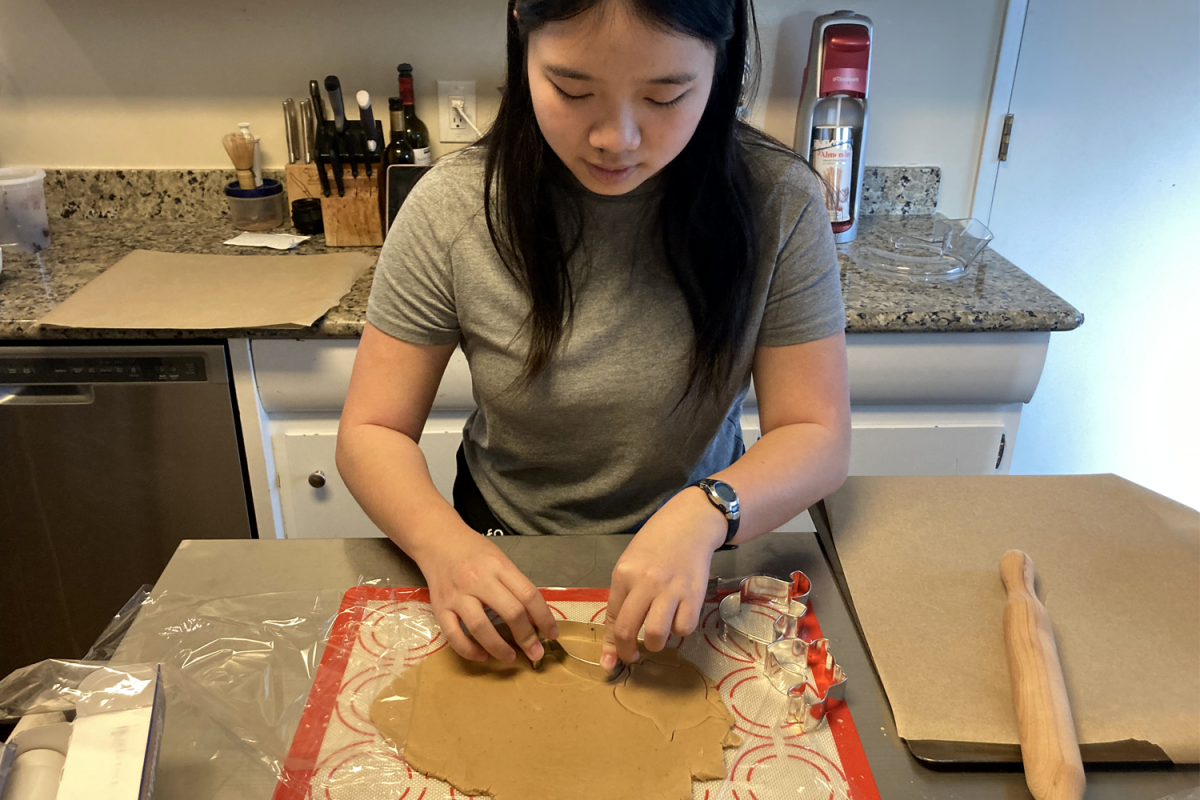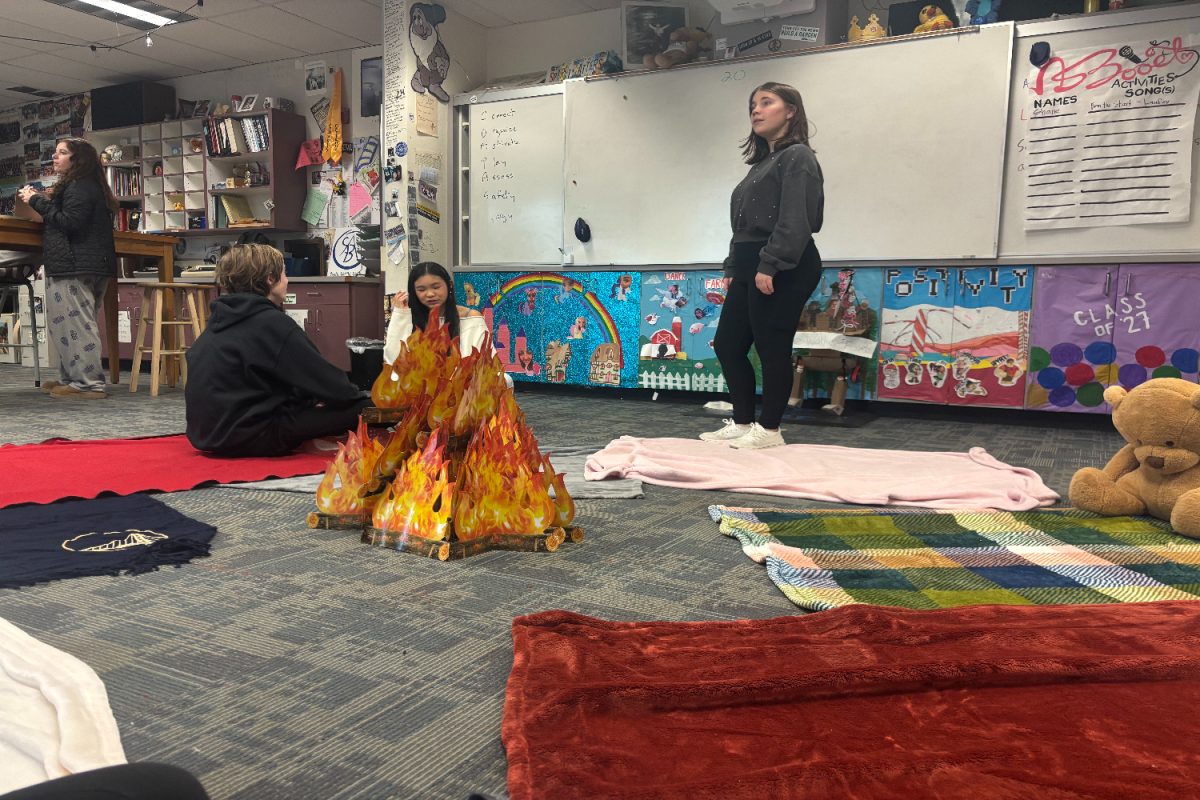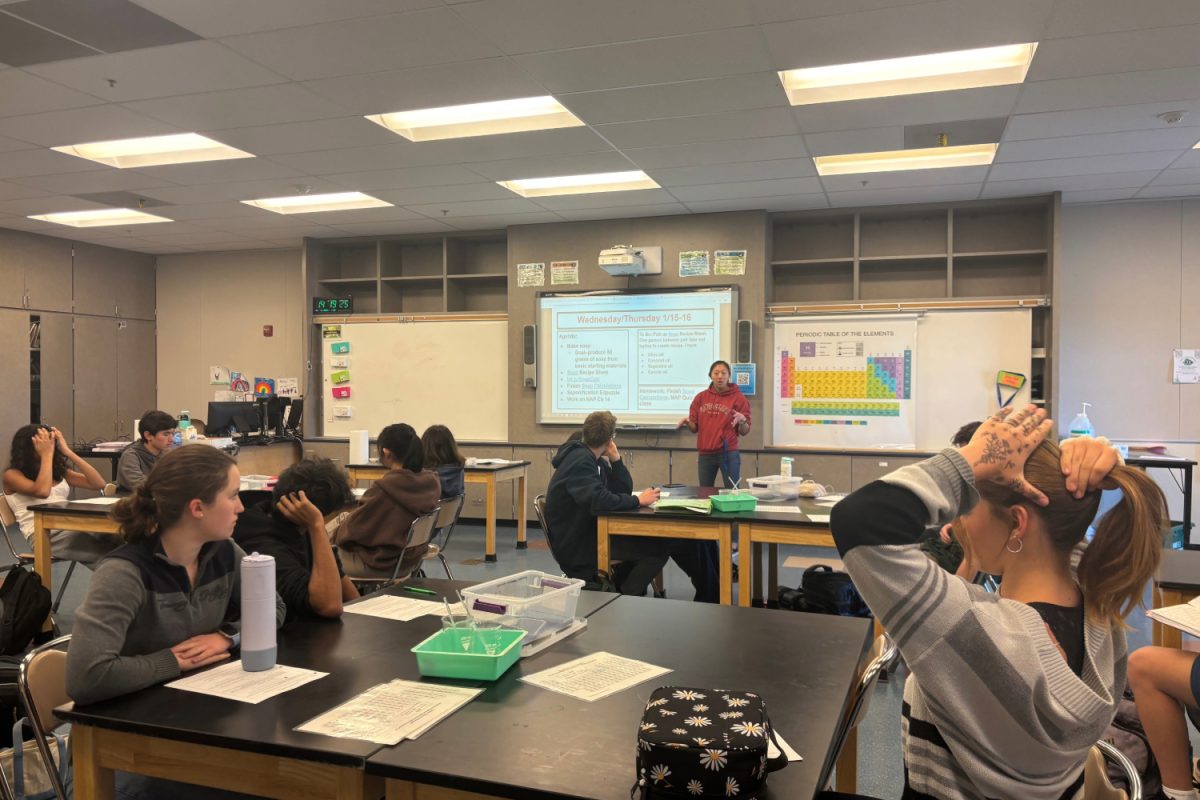The second round of the Virtual Business Challenge (VBC) begins, allowing students of the Distributive Education Clubs of America (DECA) to earn a spot to compete at the International Career Development Conference (ICDC).
In VBC, students work on simulations, with those generating the most profits advancing to ICDC. These simulations allow students to experience working in real-life businesses relating to fields like accounting and sports.
Those who didn’t qualify in the first round of VBC, which took place in October, are determined to put in their maximum effort and spend extra time to obtain the highest simulation results. With the incentive to win, students like Jaysie Ho, a sophomore, have experienced a significant shift in attitude and commitment.
“I didn’t really commit that much for round one, but this time I’ve been doing many more hours. I’ve been waking up early and grinding it out during school and lunch. My commitment is different because I actually want to win this one, whereas, for round one, it was more just for fun,” Ho said.
Spending extra time working on the simulations is essential to better understand how the simulation works. Therefore, most of the process of competing involves accepting the frustrations of failure, knowing that each attempt brings essential knowledge needed to succeed.
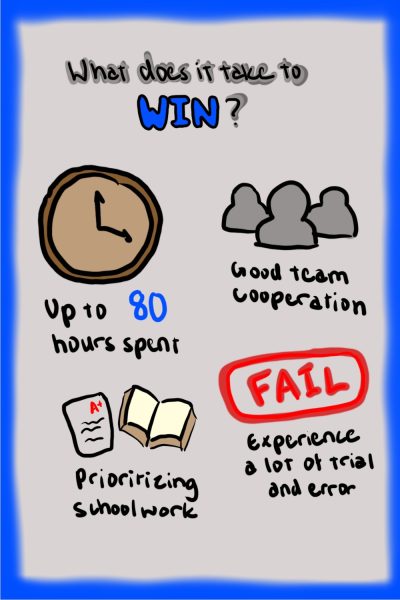 “It’s sort of similar to video games. You have that same dedication to perfection and trial and error because it can get very frustrating,” said John Rowe, the advisor of Carlmont DECA.
“It’s sort of similar to video games. You have that same dedication to perfection and trial and error because it can get very frustrating,” said John Rowe, the advisor of Carlmont DECA.
Since DECA can be highly time-consuming for those determined to win, students also face challenges in managing their time to ensure that they keep up with schoolwork.
Jayden Lee, a junior, won fourth place in ICDC last year by qualifying in the VBC sports track. From his experience of spending up to 80 hours on the simulation, he realized the challenge of handling the work demanded by both the simulation and their classes.
“Last year, we had to do most of our schoolwork and put VBC off until we were done. We’d be staying up a lot, which is not good, but that’s just essentially what we had to do because we obviously had a lot of work,” Lee said.
Overall, VBC is an excellent way for students to learn essential skills to aid them in their daily lives and business. They can gain substantial knowledge by handling real-life business occurrences through working as a team and committing to consistently experimenting until success.
“It goes above and beyond what you would normally do. The simulations involve pricing and social media marketing, which are all fundamentals of business that will help you learn anything,” Rowe said.




